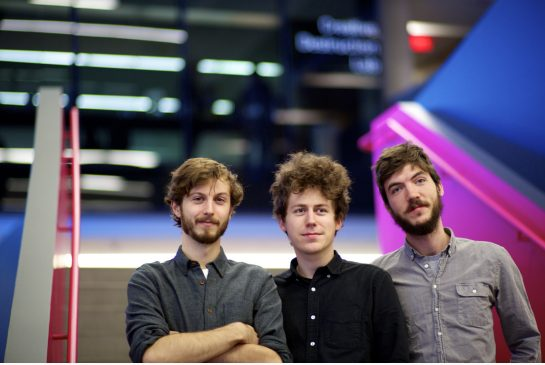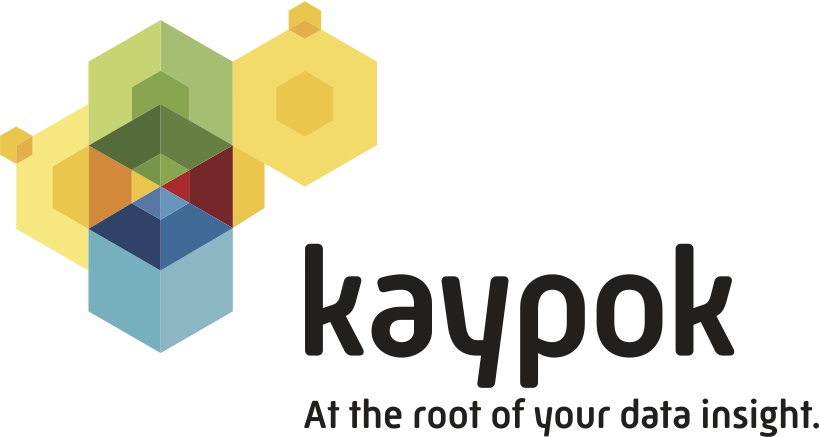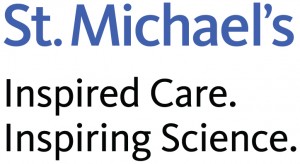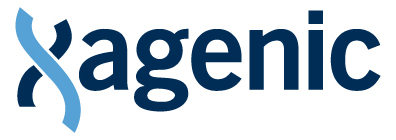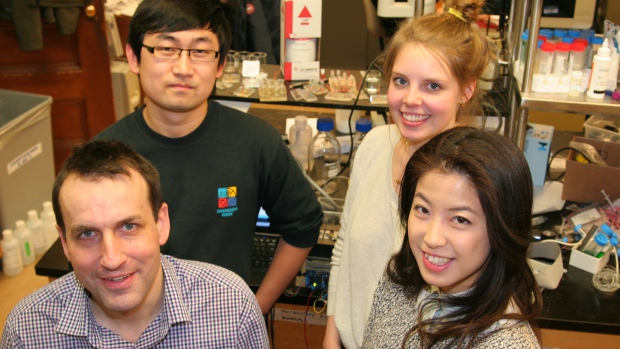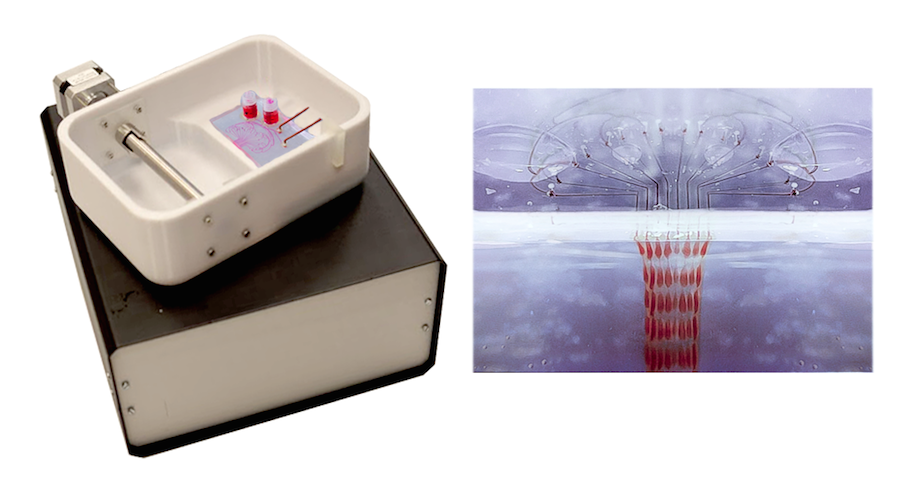UTEST among the four U of T entrepreneurship programs to be funded through Ontario’s CLA program
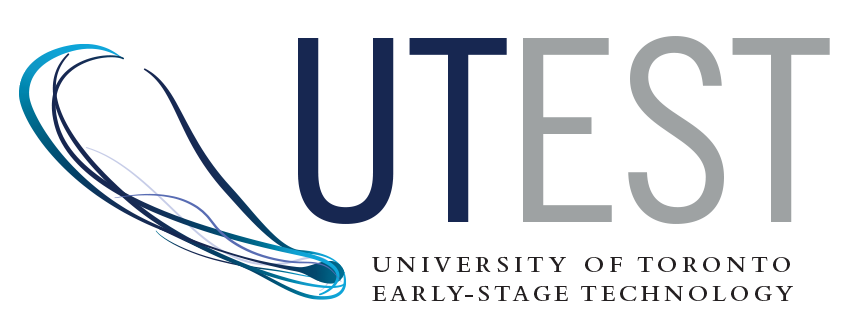 The University of Toronto will receive $3,056,000 in funding over two years from the Ontario government to increase its training and support for student entrepreneurship.
The University of Toronto will receive $3,056,000 in funding over two years from the Ontario government to increase its training and support for student entrepreneurship.
The funding is part of the Campus-Linked Accelerator Program (CLA), announced today by Reza Moridi, Ontario’s Minister of Research and Innovation, and Minister of Training, Colleges and Universities.
“Fostering the entrepreneurial spirit among students is a key component of Ontario’s Youth Jobs Strategy, through programs that help transfer their ideas and skills to the marketplace while creating rewarding careers,” said Minister Moridi. “By partnering with colleges and universities to support entrepreneurship, we are ensuring our province’s business leaders of tomorrow are getting the support they need to succeed today.”
With this funding, U of T will continue to build on its long track record of success in this area by expanding the entrepreneurship opportunities it offers to students, primarily through its four principal accelerators: The Creative Destruction Lab (Rotman School of Management), The Hatchery (Faculty of Applied Science and Engineering), The Impact Centre (Faculty of Arts & Science), and UTEST (The Innovation and Partnerships Office, produced in partnership with MaRS Innovation).
The CLA program provides critical funding that enhances the support U of T and MaRS Innovation offer to our current UTEST companies,” said Kurtis Scissons, co-director of UTEST. “It also allows UTEST to expand to work with a greater number of student entrepreneurs in computer software, and is a catalyst for other UT CLA’s to combine their entrepreneurship efforts in a synergistic, complimentary way.”
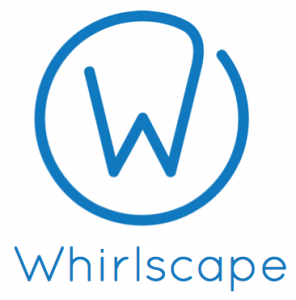 Whirlscape, makers of the Minuum keyboard, have developed a small, predictive keyboard for Will.i.am’s wearable Puls cuff. The company is a graduate of the UTEST program‘s first cohort.
Whirlscape, makers of the Minuum keyboard, have developed a small, predictive keyboard for Will.i.am’s wearable Puls cuff. The company is a graduate of the UTEST program‘s first cohort.
